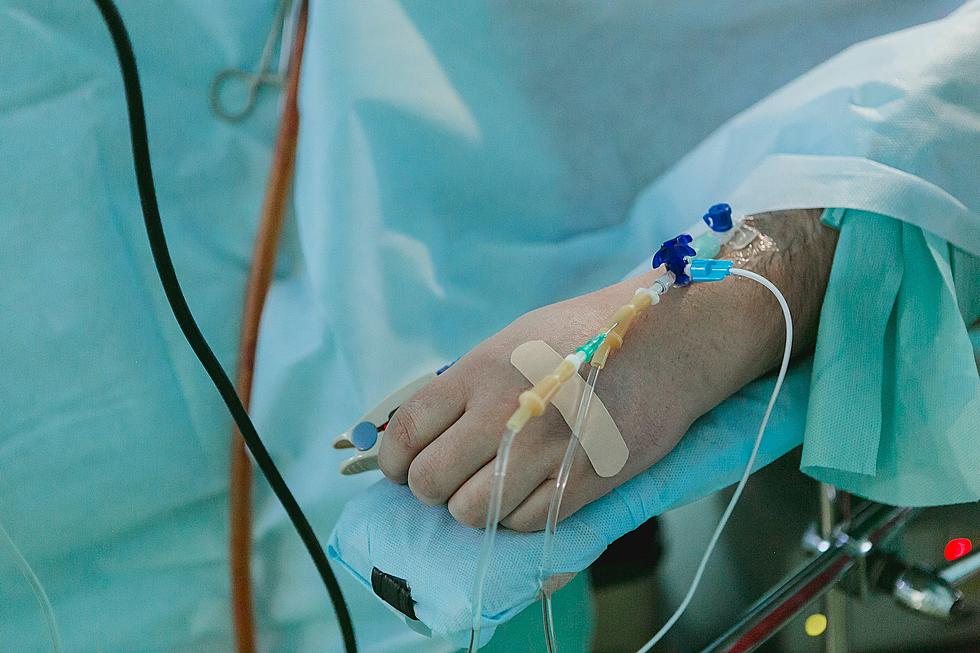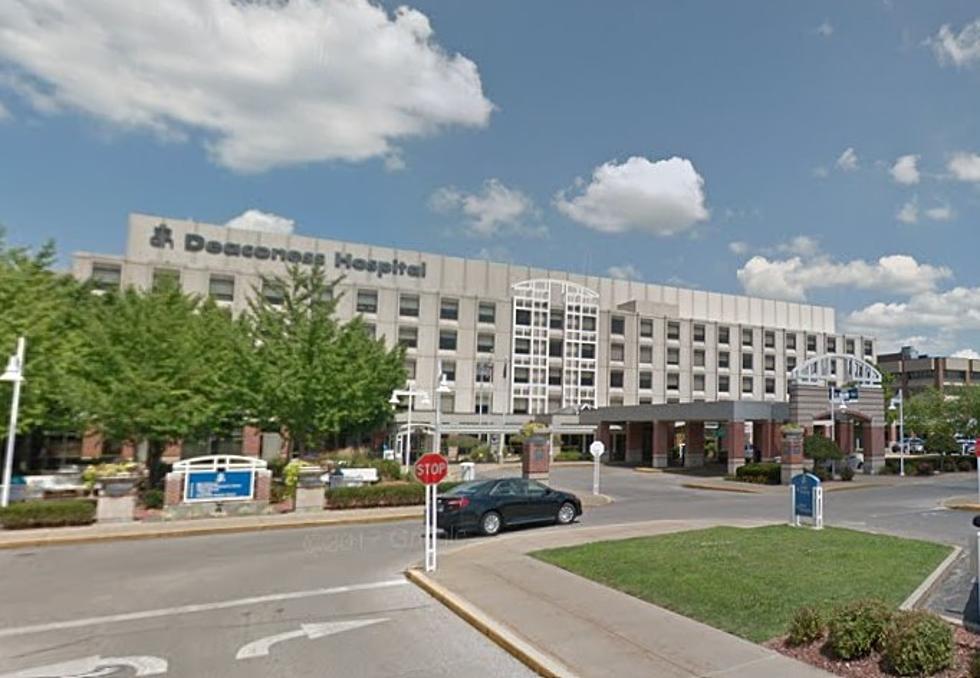
The Prostate Exam – Putting a Finger on Cancer Prevention
An uncomfortable few seconds could save a man's life.
The whole purpose behind "No Shave November" with Deaconess Hospital was to, as they put it, "grow" awareness for men's cancers (pretty clever, right?) namely testicular and prostate. While a guy can check himself for testicular cancer, then speak with his doctor if anything feels a bit off down there, my guess is that most men would rather not check their own prostate (I stress the word "most").
Look, I get it. For most men, myself included, that area is exit only (again, stressing the word "most" — not that there's anything wrong with that), but with prostate cancer being the second leading cause of death in men, the process of having it routinely checked is essential for a healthy life.
So what is this thing called the prostate? Based off the exam alone, I think most guys know it's located somewhere in the lower extremities, which is true, but what purpose does it serve? Several, actually. While not essential for life, it played a key role in putting you on this earth according to the Prostate Cancer Foundation.
Technically it sits under the bladder and in front of the rectum. The uretha (a.k.a. "the main vein") that carries runs right through it, which is why an enlarged prostate, or one afflicted with cancer, causes difficulty when trying to "drain the lizard" so-to-speak.
Our friend the prostate also plays a role in the baby-making process. It produces enzymes that help loosen the baby gravy and gives our little swimmers the energy they need in the quest for the elusive golden egg. It also produces antibodies that protect the urinary tract and the troops themselves from bacteria, sort of like a missile defense system.
Depending on who ask or where you look, when a man should start having the exam is debatable. Some suggest routine exams beginning at age 40 (only four years away for me), while others say 50 is a good time to start. Of course if you notice any symptoms of prostate cancer, you should get with your doctor as soon as possible to have it checked regardless of age. Those symptoms are:
- Delayed or slowed start of urinary stream
- Dribbling or leakage of urine, most often after urinating
- Slow urinary stream
- Straining when urinating, or not being able to empty out all of the urine
- Blood in the urine or semen
- Bone pain or tenderness, most often in the lower back and pelvic bones (only when the cancer has spread)
If none of the above symptoms apply to you or someone you know, Deaconess suggests the following dietary changes you can make now to help prevent the onset of prostate cancer, they include:
- High intake of omega-3 fatty acids
- Low-fat intake
- Similar to the traditional Japanese diet
- Vegetarian
Unfortunately for guys like me who enjoy red meat, which is full of sweet, delicious fat, it can increase the chance of prostate cancer if it's a key part of your diet. So have some fish or chicken every once in a while, it won't kill you.
Being a man myself, we can be unbelievably stubborn when it comes to admitting something may wrong. For whatever reason, we want to try and shake it off and hope things will just work themselves out. Don't ask me to explain it, because I can't even though I am just as guilty as the next guy when it comes to going to the doctor when something doesn't feel right. However, if you or someone you know does experience any of the symptoms listed above, make an appointment with a doctor as soon as possible. I'm not going to lie, it won't be the most enjoyable trip to the doctor you'll make based off the procedure alone, but better safe than sorry.
Like many other cancers, early detection is key in effective treatment. If caught early enough while the cancer is still confined to the prostate, many patients can be cured. Some patients can also be cured even if the cancer has spread a little outside the prostate.
The whole point here is that while it may be uncomfortable, both figuratively and literally, it's something that every guy should "man up" and do if they want to prolong their existence on this planet.
For more info on prostate cancer, including those who may be at a higher risk for developing the disease, visit the Cancer Care page at deaconesshospital.com.
More From WDKS-FM









